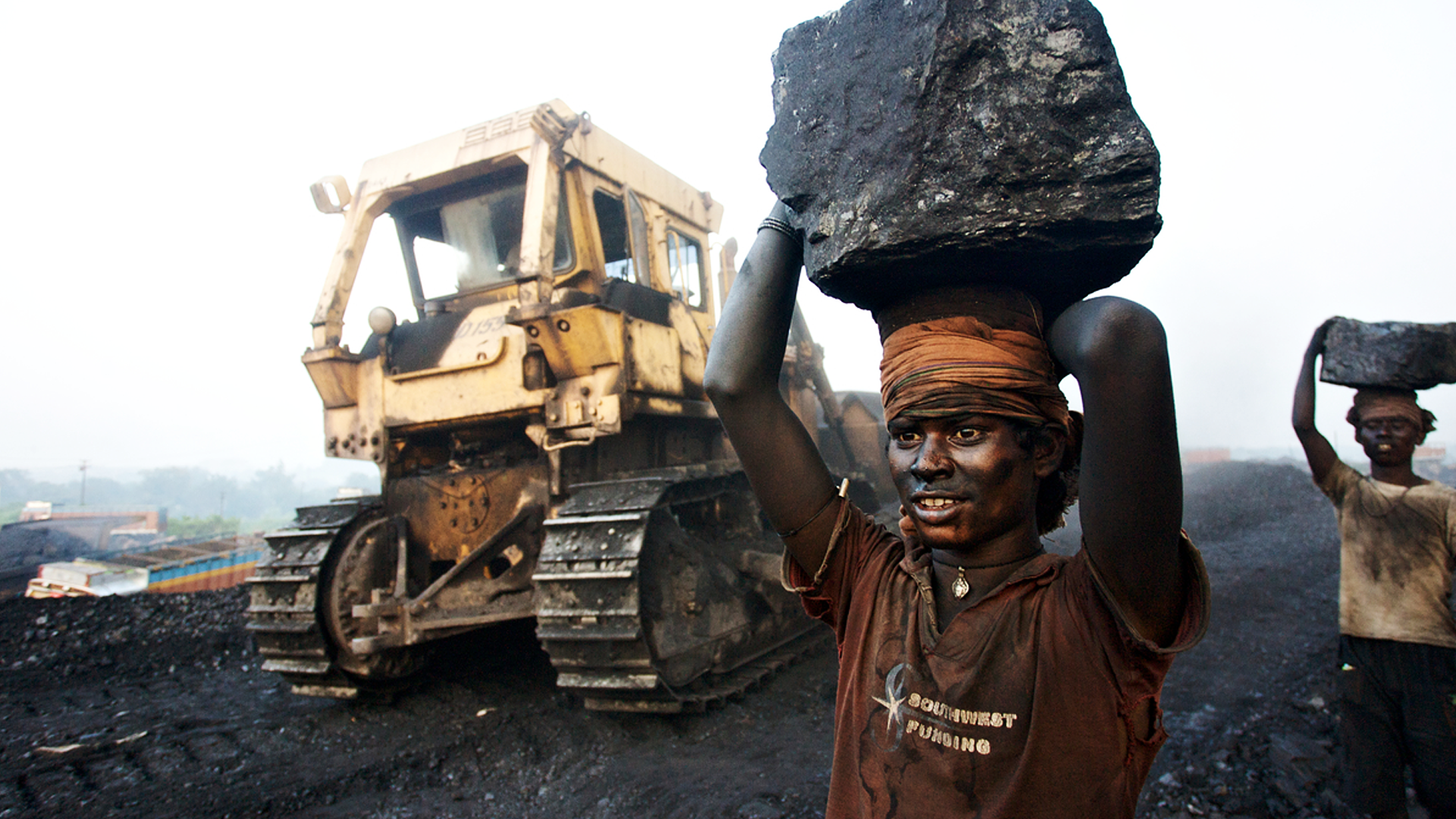In the final negotiations of the COP26 deal, India actively opposed the ideal of phasing out coal before the mid-century. Here’s why.
In the closing stages of Glasgow’s climate negotiations, and with a promising deal in sight, India insisted that promises to ‘phase out’ coal be tempered in the final bill’s language.
Backed by China and a few other countries in the pressing hours of Saturday, this resistance to cutting out coal led to watered down pledges to instead ‘phase down’ – an act which has led some officials to label the whole summit as a failure.
This compromise, which left COP president Alok Sharma teary eyed upon its announcement, came as something of a surprise given India’s recent achievements in scaling up renewable energy.
Among the 10 nations most adversely impacted by climate change, and with statistics showing that 112,000 Indians die as a result of coal every year, why then is the region so staunchly against breaking up with the world’s filthiest source of fuel?
An ‘unrealistic’ transition
Those most cynical about government mobilisation against climate change may suggest that India’s reluctance stems from not wanting to kill a cash cow. But equally, President Narendra Modi has to keep the lights on.
While India has impressively quadrupled its capacity for renewable energy over the last decade, its growing 1.4bn population is still reliant on coal – which provides 70% of all electricity across the nation.
The International Energy Agency claims that India will have to equal the EUs capacity for renewables within the next 20 years to help keep 1.5C within sight. As of today, however, it isn’t quite as simple as popping solar panels on every rooftop in New Delhi.
India’s government pledged to double renewable-energy to a total of 500 gigawatts by 2030, but its current electricity grid isn’t built for immediate action. To make matters more complicated, the companies responsible for scaling and distributing eco-friendly solutions are straddled with a collective debt of $80bn.
On the economic side, the likes of India and China feel that their Western counterparts have blazed through mountains of coal to achieve economic prosperity and are now condemning them for doing the same. No one likes a hypocrite.
It may sound like pseudo politics, but there’s legitimate grounds for these gripes. When you break down the stats, though India is the largest consumer of coal per-person, it burns barely a third of what the US does.
Lastly, coal in India has always correlated with amassing presidential votes in a big way. According to one study, between 10 to 15 million Indians depend on coal for their livelihood with many hailing from the poorest states of Jharkhand and Chhattisgarh.




















